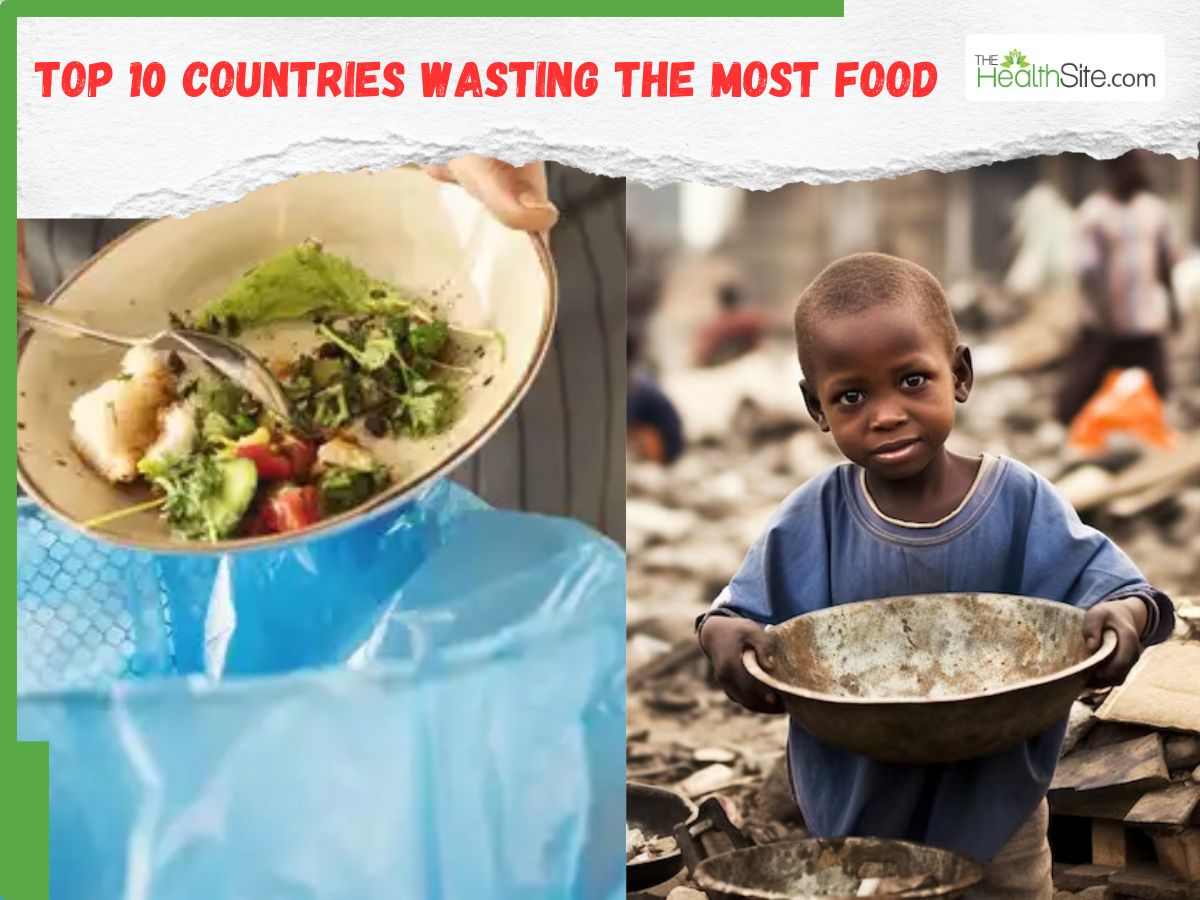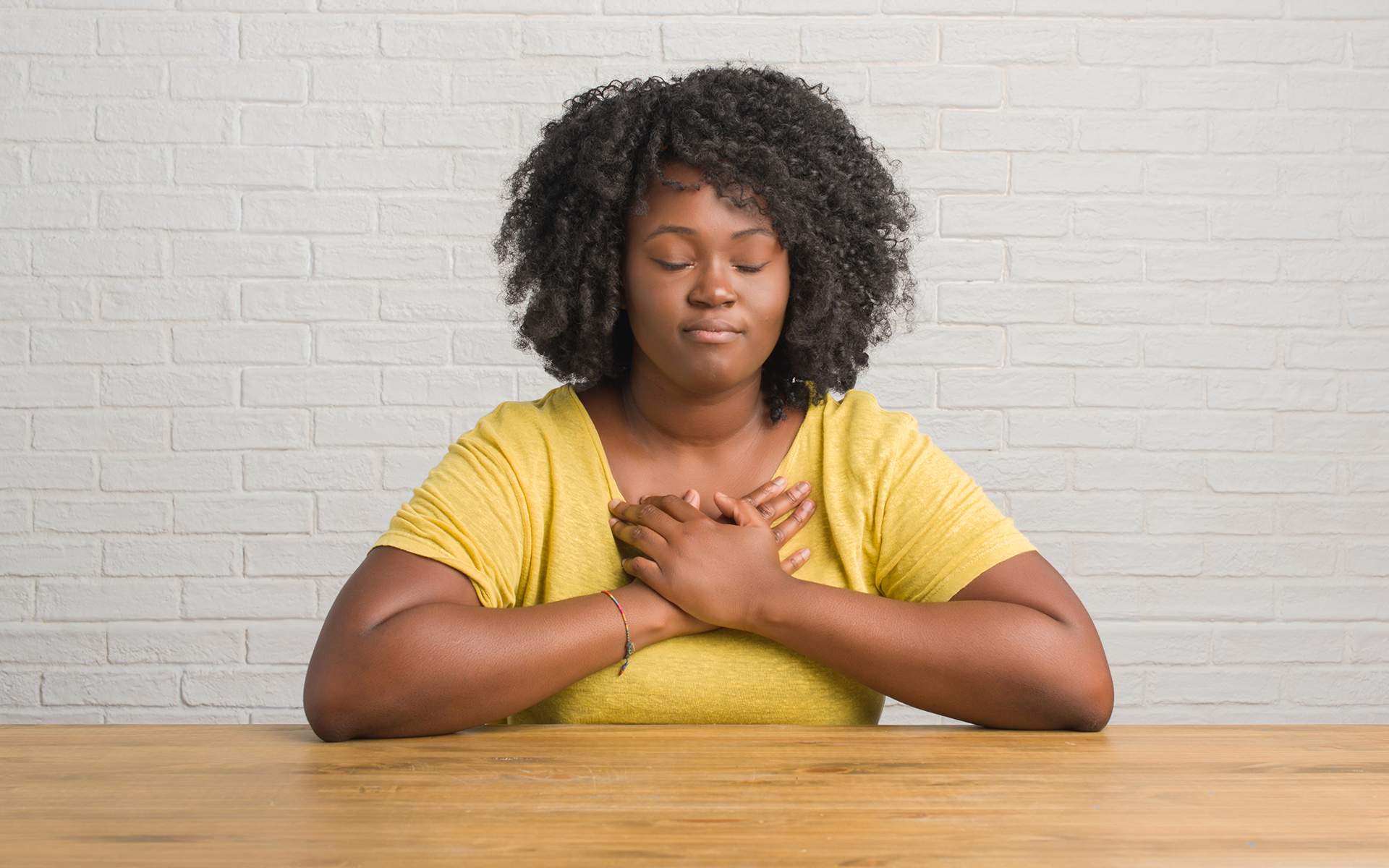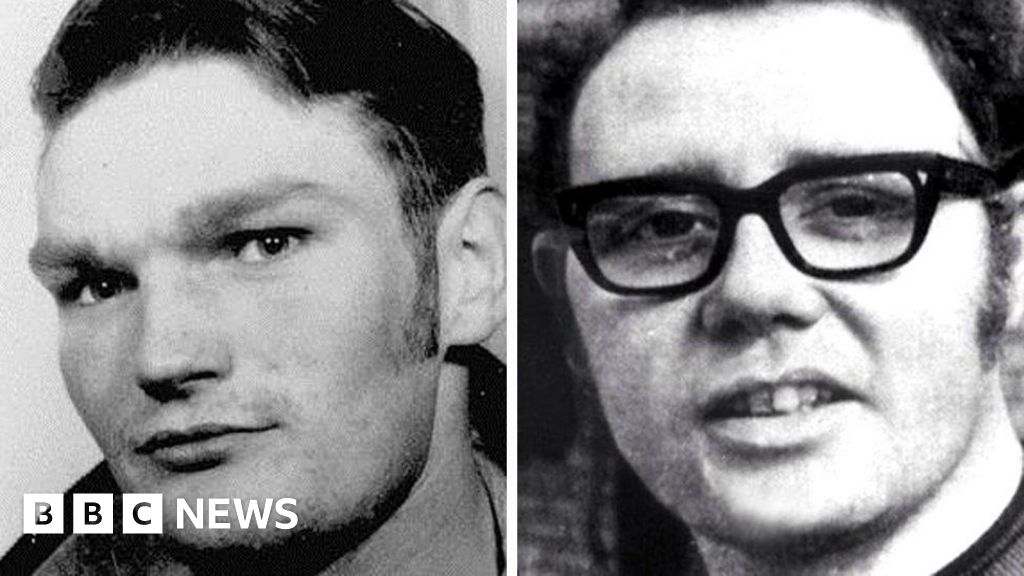Chikungunya Outbreak In New York: A case of Chikungunya was confirmed in New York, raising public health concerns. Learn about the virus, its symptoms, how it spreads, and simple safety tips to protect yourself from mosquito bites.

Chikungunya Outbreak In New York: According to the recent updates, a chikungunya case was confirmed in New York, raising concern among the residents and health authorities. While the city is more famous for its skyscrapers and bustling streets, tropical diseases, this mosquito-borne disease is a reminder that global health threats can reach unexpected places. Let’s know what chikungunya is, what its symptoms are, and take preventive measures.
Chikungunya Outbreak In New York: What We Know So Far
Chikungunya is a viral disease which spreads through Aedes mosquitoes, primarily aedes aegypti and Aedes albopictus. Danger and Zika are also spread by the same mosquito. The virus was first identified in Africa, but slowly it started to spread in Asia, the Caribbean and the Americas. New York City is not a tropical city, but because of global travel, climate changes increase the risk of spreading chikungunya. Although chikungunya cannot spread directly from person to person, it happens because of a mosquito bite.
Symptoms Of Chikungunya?
Your body usually shows symptoms in 2 to 12 days after the mosquito bite. Here are five common symptoms:
- High fever,
- Facing severe joint pain, especially in the wrist, knees and ankles.
- Muscle pain, body tiredness
- Feeling extremely tired and weak
- Having headaches, nausea, and skin rashes
Most people take a very short time to recover, but joint pain can be consistent for months in some cases. People with a weak immune system, older adults, and kids are at a higher risk of getting chikungunya.
How Chikungunya Spreads
Chikungunya usually spreads when a mosquito bites an infected person and then bites someone who is not infected. This makes mosquito control crucial, especially during warmer months when mosquitoes are more active. Although mosquitoes in New York are less abundant in tropical regions, warm, humid conditions during summer, combined with standing water, create a perfect spot for mosquitoes to breed. Even people who are living in urban areas are not completely safe because mosquitoes can breed in plant pots, buckets, or small puddles.
How To Protect Yourself From Chikungunya
Here are a few steps to protect yourself from mosquito bites:
- Apply mosquito repellent on your skin, preferably with DEET or Picaridin
- Preferred to wear clothes with long sleeves and pants, especially in the morning and evening.
- Install Windows screens or use a mosquito net Indoor.
- Make sure that there is no stagnant water near your home.
- Use mosquito coils or electric diffuser for indoor protection.
Simple steps like this can protect you from major infection.
What To Do After You Get Chikungunya
If you notice the symptoms after a mosquito bite or travel:
- Rush to your doctor immediately for proper checkup.
- Rest properly and hydrate yourself timely so that you can recover fast.
- Prevent mosquito bites to stop further transmission
- Do not take any medicine without consulting your doctor.
Treatment usually includes paracetamol for fever and pain, taking a lot of fluids and rest.
There was a confirmation that a chikungunya case was confirmed in New York, and it acts as a reminder for all of us that tropical diseases can also spread in urban cities. Stay aware, look for symptoms and taking preventive measures is very important to protect yourself and the people around you. By following some particular steps, people living in a residential area can also save themselves from mosquito-borne diseases.
Subscribe to Our Newsletter Today!









Leave a Reply